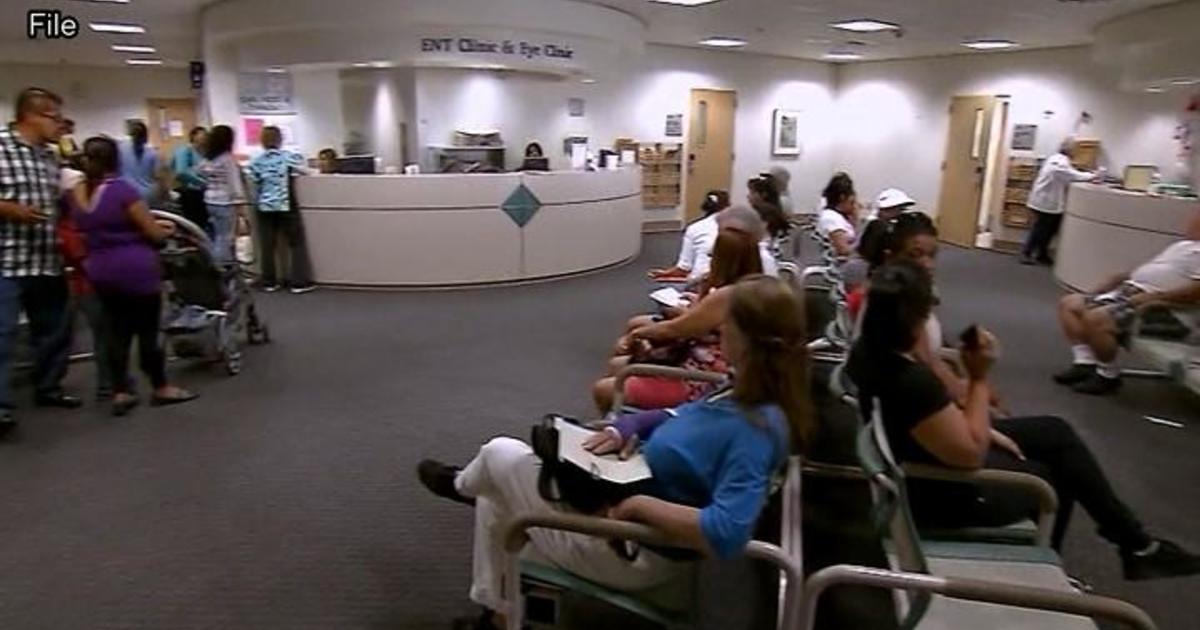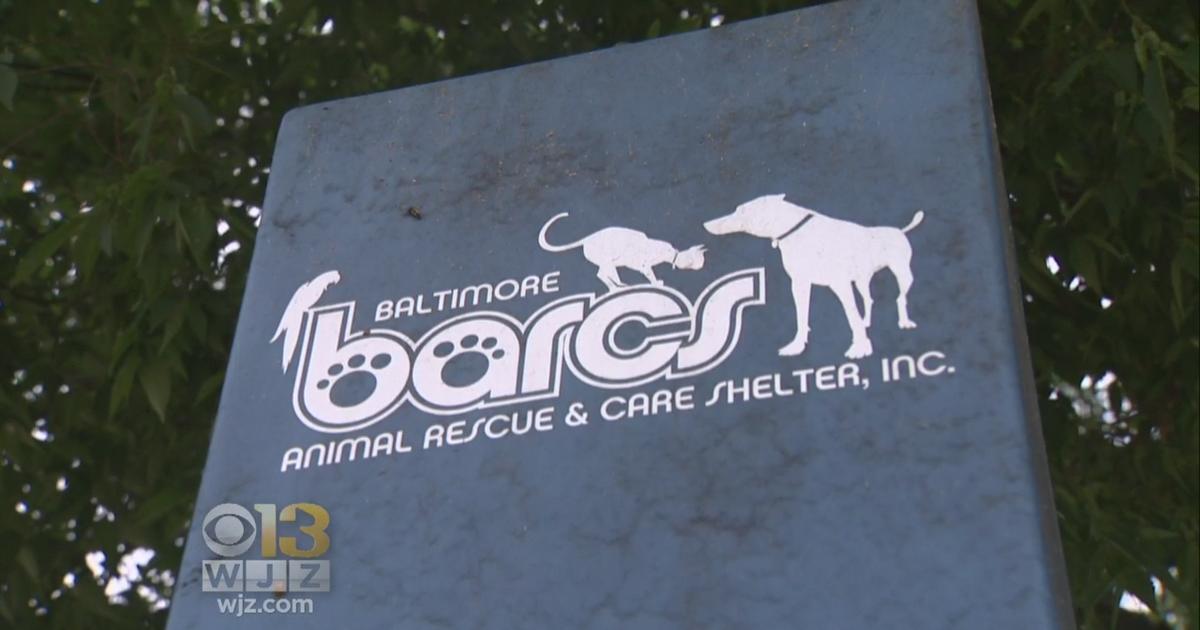Senator: Technology Warrants New Privacy Laws
ANNAPOLIS, Md. (AP) -- Sen. Christopher Shank says government agencies can learn a great deal about people by just tracking their movements via cellphones and license plates, so Maryland needs stricter protections to keep pace with new surveillance technology.
Shank, R-Washington, presented to the Senate Judicial Proceedings Committee on Thursday two bills that would put new surveillance restrictions on the government.
The bills are part of a package Shank developed with Sen. Jamie Raskin, D-Montgomery. Raskin also submitted measures to limit the use of surveillance drones and the collection of archived emails. Parallel bills are pending in the House.
However, Thursday's hearing drew a contingent of prosecutors and police administrators who say Shank's bills would hamper their investigations.
A cellphone can track a user's movement through the Global Positioning System. Government agencies could use this data to determine whether that person is a heavy drinker, a churchgoer or a political activist, Shank said.
Under Shank's bill, police would need a search warrant to get this information from cellphone companies. Current law requires only a grand jury subpoena, which doesn't involve a judge's approval, Shank said.
His bill also requires cellphone owners to be notified within seven days of the search's completion, except in cases with a compelling reason to delay. Current law doesn't require any such notification, he said.
Wes Adams, a prosecutor in Prince George's County, said the bill sets the burden of proof for searching cellphone records too high. Sometimes this data helps solve a murder during the first couple days, when other evidence is scarce, he said.
He added that anyone who uses a cellphone with GPS capabilities is voluntarily giving up information on their whereabouts.
He said his county presently has 1,500 unsolved murders.
"I can tell you that the number would be significantly greater if this bill were passed," he said.
Shank's other bill would limit police use of cameras that record license plate numbers and would require police to destroy plate data after 30 days. Another state agency holds the data for a full year.
David Rocah, senior staff attorney for the American Civil Liberties Union of Maryland, said the state has 411 of these devices at present.
"We are not yet at a crisis point," he said.
But as the cost goes down, he expects them to proliferate.
According to Shank's bill, police would be able to use these only for criminal investigations, protecting public safety or ensuring compliance with laws.
After Shank's testimony Thursday, Frederick County State's Attorney Charles Smith said destroying the data after just a year could cause problems in court cases.
Murder cases can be prosecuted any number of years after the event, and high-level felonies like rape have long eligibility periods. So data on defendants' locations can be useful years down the line, mostly for confirming or disproving alibis, Smith said.
(Copyright 2013 by The Associated Press. All Rights Reserved.)



